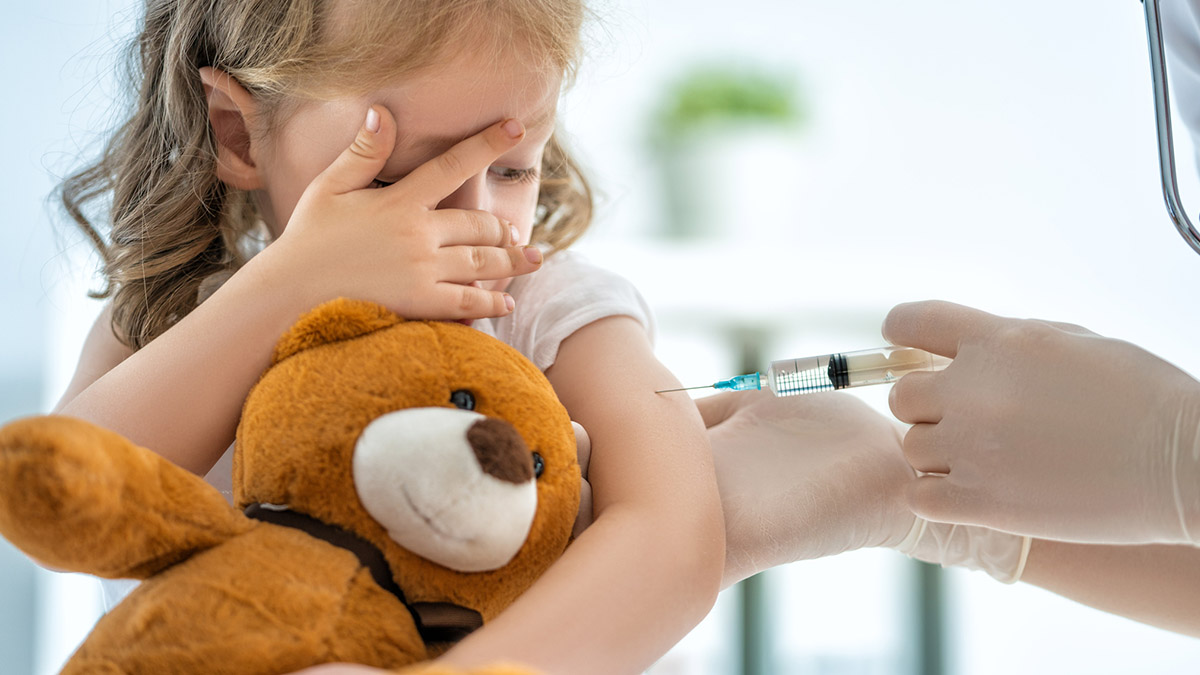Importance of children’s vaccinations post COVID-19 quarantine

Now that some states have begun to lift preliminary restrictions related to shelter-in-place orders, many of us are eager to get back to our old routines. With so many things that have been missed, what comes first? One thing that should come to mind is the potential secondary healthcare crisis that was inadvertently caused by quarantine, namely avoiding or choosing to defer childhood wellness checks.1 Unfortunately, childhood vaccine rates have fallen during COVID-19, partially due to primary care offices only offering telemedicine.
Over the past several years, early childhood immunization rates have been declining, but at what rate? A new study published in Pediatrics showed that more than one-third of all children in the United States (U.S.) are not following the recommended vaccine schedule.2 Deviations from the Advisory Committee on Immunization Practices (ACIP) schedule recommendations support that children remain out-of-date for an extended time period due to parents following alternate schedules or utilizing unclassifiable patterns and factors. If this study’s range of two to five years’ time showed a 63% adherence rate, then what has the past 3-5 months shown? To put this in perspective, herd immunity (optimum rate of coverage) should be around 90-95%.1
A nationwide survey of 1,000 independent pediatricians documented vaccine histories, in an electronic health record (EHR), showed the following administration declines: MMR (measles, mumps, and rubella) shots by 50%, DTap (diphtheria, tetanus, and pertussis) shots by 42%, and HPV (human papillomavirus) shots by 73%.1 Measles was nearly eliminated in 2019 but now it’s undergoing its largest outbreak in nearly 30 years. The additional drops in vaccination rates during COVID-19 should be taken seriously. This global phenomenon will leave more than 100 million children venerable for preventable diseases.1
Some of the ways pediatric offices are managing include scheduling wellness visits in the mornings and sick visits in the afternoons, having limited family in the room with the patient, offering parking lot or drive through vaccine administration, and increased PPE (personal protective equipment) wore by staff.1
So, what should be the concern for parents if their child missed a series or booster? Deferring vaccines delays the body’s ability to develop an immune response, relying on immunity from the rest of the community.2 As a pharmacist, I fully understand the importance of combating misinformation by providing reliable and accurate information to parents.2 Although all healthcare providers should be providing education and counseling around childhood vaccine awareness, pharmacists are at the front lines and easily accessible. It is vital to break down the barriers that may be holding parents back from allowing their children to get vaccines that could protect them as well as others in the community.2
References:
1https://www.nytimes.com/2020/04/23/health/coronavirus-measles-vaccines.html
2https://www.drugtopics.com/vaccination-and-immunization/more-one-third-us-children-not-following-recommended-vaccine-schedule-study-finds